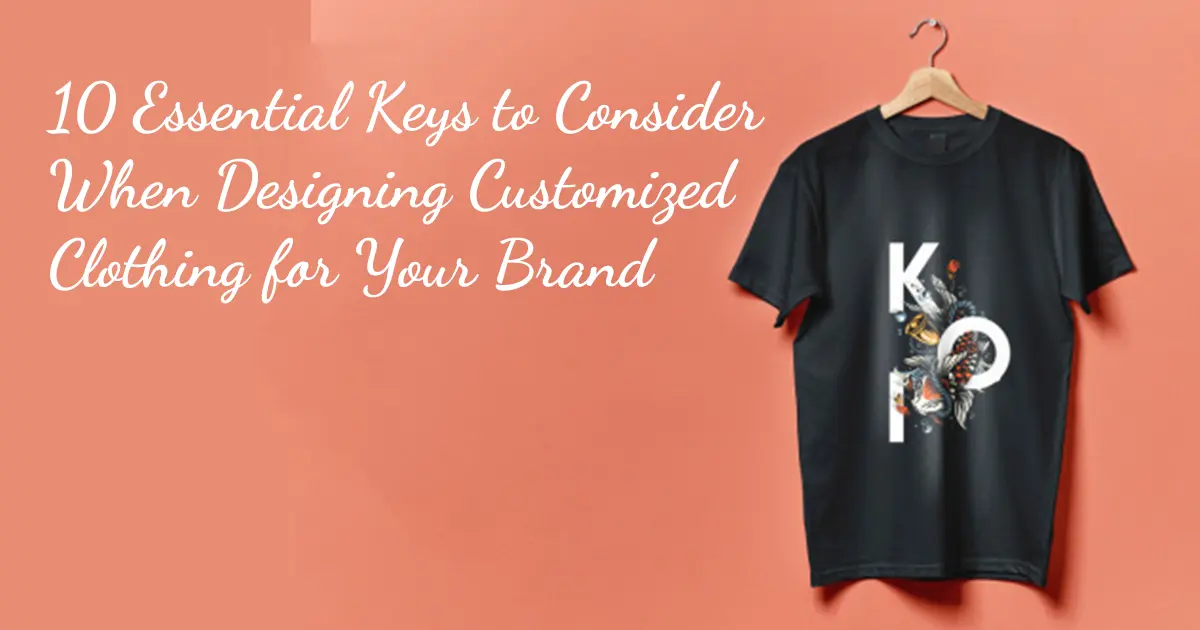CategoriesCustom-Made Clothing


Custom clothing serves as a powerful medium for a brand to express its identity, values, and uniqueness. The journey from conceptualization to the final stitch is a nuanced process that demands careful consideration of various factors. Let’s delve into the essential considerations when designing custom clothing for your business in intricate detail. 1. Define Your […]